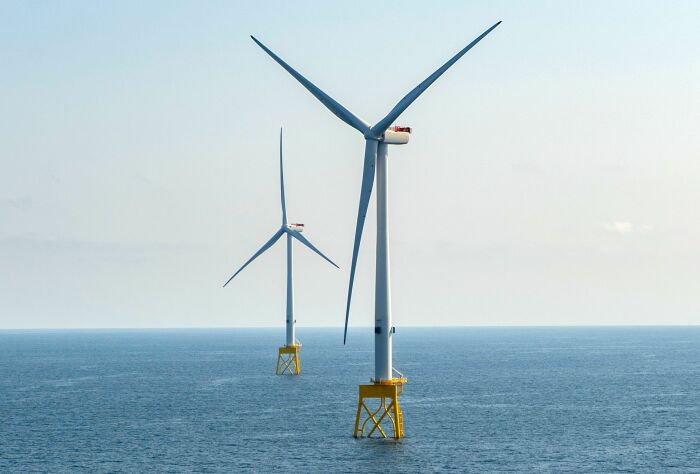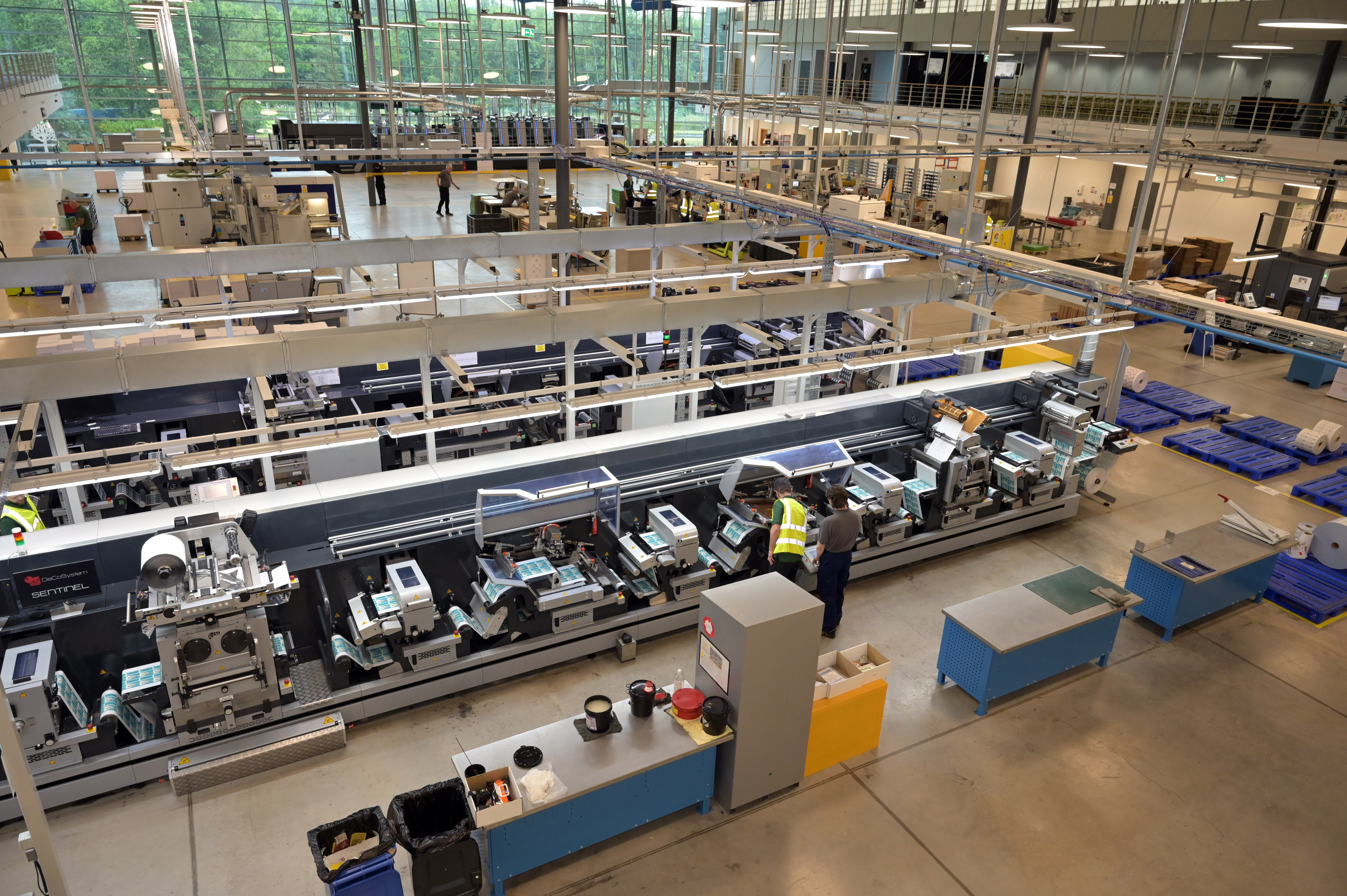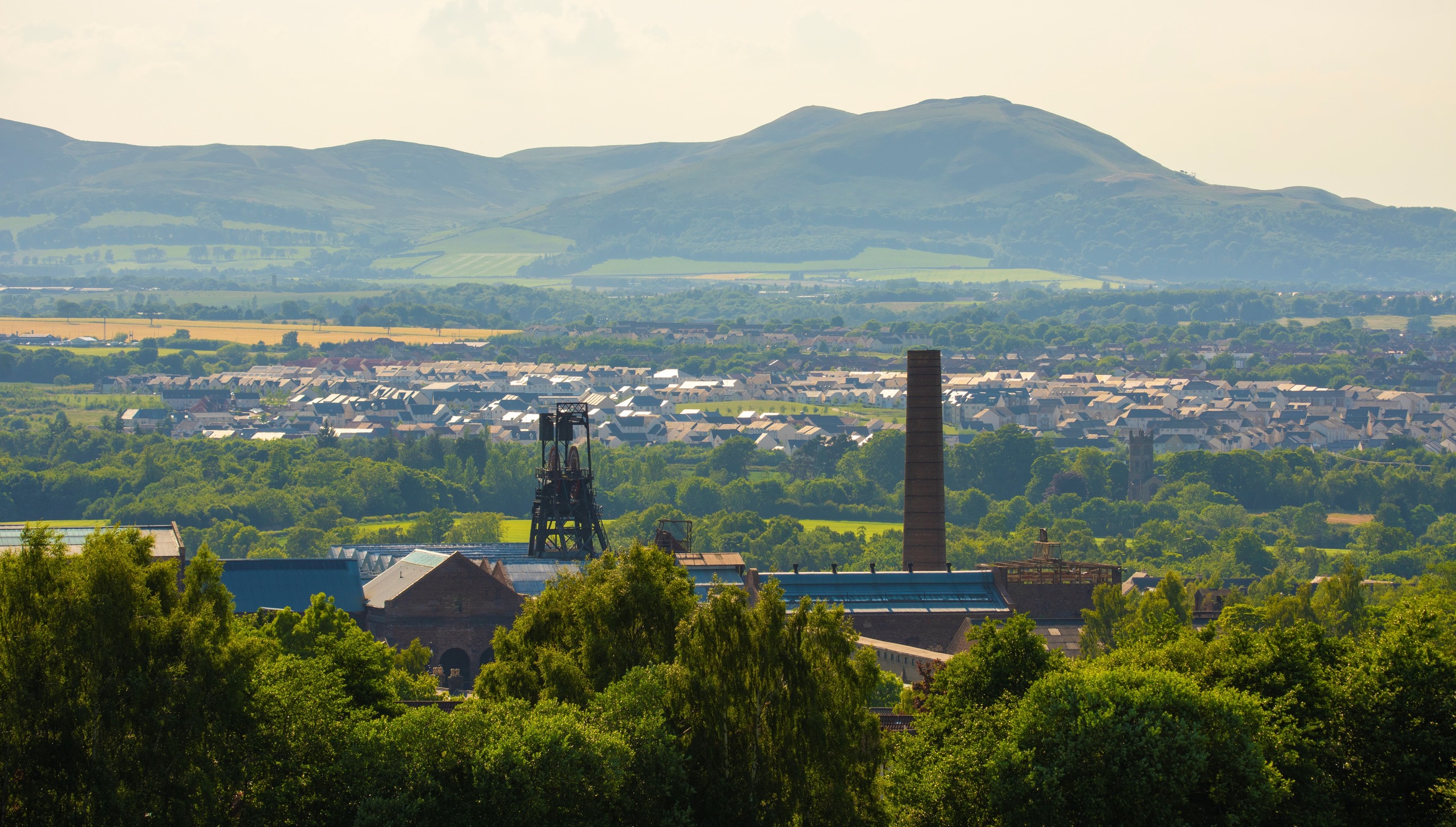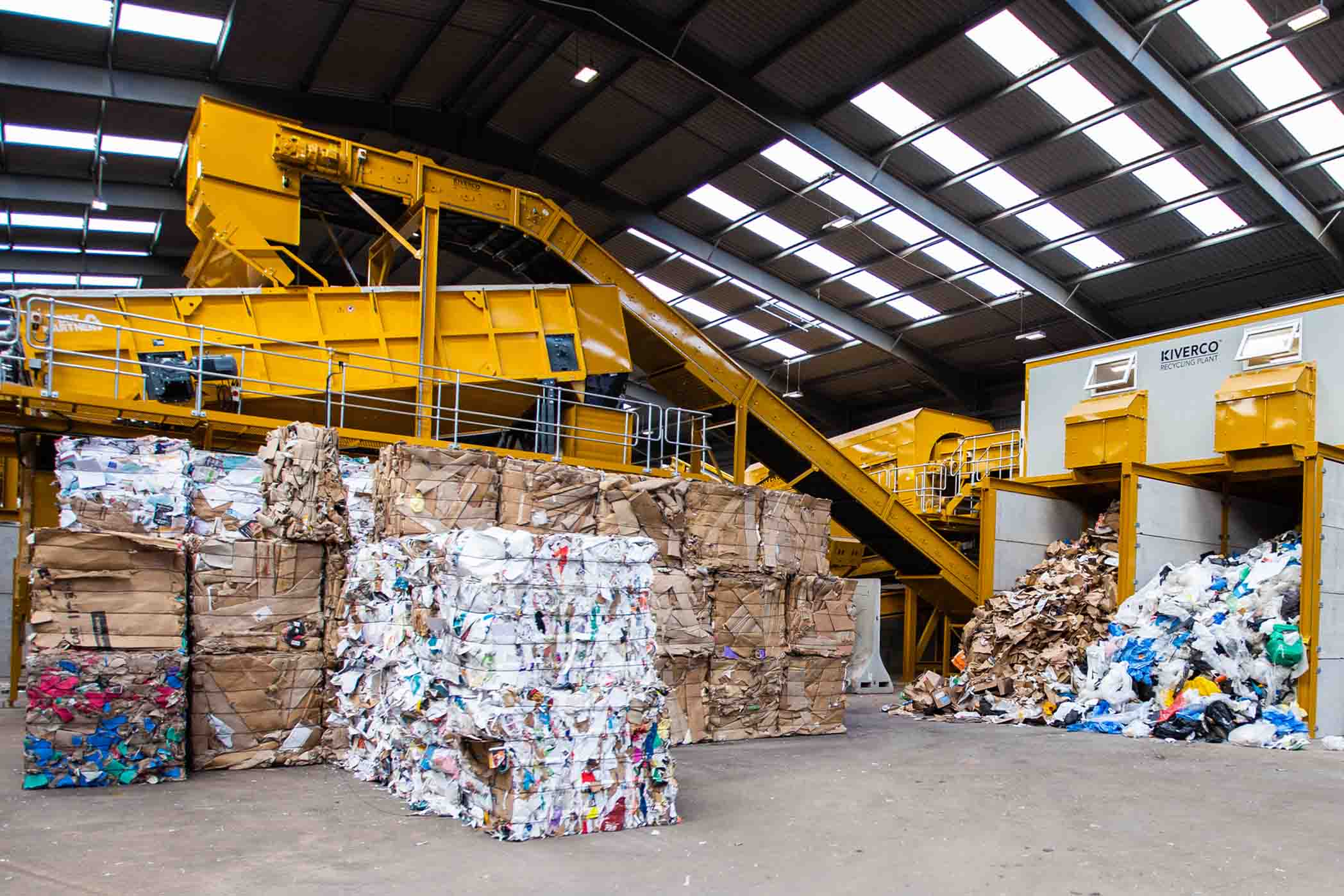What is your outlook for Latvia’s Economy?

Latvia’s financial crisis had a big psychological impact on society in terms of spending. Since then, Latvia has experienced a slow but gradual increase in internal consumption which has aided the countries turnaround. The confidence of the population is continuously increasing which is directly boosting internal demand. This has been an economic driver of growth for the last few years.
An additional key driver has been the large inflow of EU funds which is having positive and negative effects on Latvia’s economy. On the downside, we are clearly addicted to these funds, and we saw this in 2016 which saw very few projects.
Moving forward, roughly EUR 4 000 million euro in European Union funds will flow into Latvian sectors over the next few years. These funds will boost private spending and drive large infrastructure construction projects such as Rail Baltica. The combination of these will ensure a gradual increase in Latvia’s growth over the next few years, which by European standards is very good. At the end of the day, within Europe Latvia will be one of the fastest, and within the Baltics, I expect Latvia will have the fastest growing GDP.
What are the main challenges to reach 5% GDP growth?
Latvia is not big but there are many talented, well trained, skilled people and they are hungry to make things happen.
Nonetheless, a core challenge continues to be the supply of workforce. We need to either further increase operational productivity with the same number of employees or increase immigration. Latvia’s IT sector has already benefited from a brain gain which other sectors have not seen. However, increasing immigration is a cultural, psychological and political issue which Latvia will have to face in the coming years. Knowing Latvians there will be a lot of whining and fighting, but I believe a solution will be found. On the positive side, Latvia’s current GDP is comparable to pre-Lehman times even though we have significantly fewer people in the country. This means Latvia’s productivity has already grown immensely.
How would you assess the competitiveness of Riga as a headquarter?
Riga has two big advantages, its air transport and its infrastructure. One can say roads need to be improved but thanks to AirBaltic we can easily do cost-effective one-day trips to every point in Europe, which is a huge advantage. Regarding infrastructure, Riga has one of the fastest internet connections in the world thanks to Lattelecom which is essential for any business model. An additional evident advantage is Latvia’s geographical location. The logistics networks available being close to Scandinavia, Russia and Europe, make Riga an excellent gateway to the East.
Where do you see the most growth potential?
There is a lot of activity in start-ups, and I believe they can thrive and bring economic prosperity to Latvia. There has always been a discussion about what can be the “Latvian Nokia.” Latvians have historically been good at excelling in niche sectors. The Baltics, in general, have been very good with start-ups. However, Latvia has been very modest in showcasing itself while Estonia has been very loud. If you look from a start-up perspective, there are a couple of start-ups with good potential, but it is premature to highlight them. The country has developed a good law which supports and regulates start-ups. The trend makes me very happy.
























